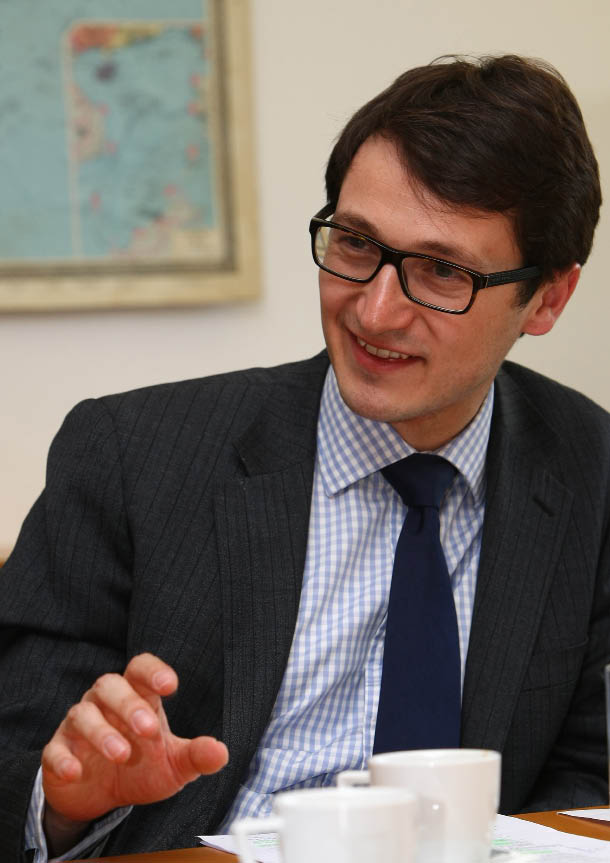Gruesome Crimes of Japan’s Unit 731
The names of 33 people are mentioned in the “special transfer” documents in both the Jilin and Heilongjiang provincial archives; however, most of the data under the same names are different. This is because Changchun in Jilin Province was the capital of the Japanese puppet state Manchukuo in northeast China, as well as headquarters of the Kwantung Army and Kwantung Military Police. Hideki Tojo was in charge of the Kwantung Military Police headquarters, which ordered military police to arrest spies for interrogation. Therefore, there were correspondence documents between the Kwantung Military Police and its various branches, hence the overlap of archival data. From August 8, 1945 when the Soviet Union officially declared war on Japan, to August 15, 1945 when Japan surrendered unconditionally, the Japanese puppet regime tried to destroy all files before their panicked retreat. Because archives in the Kwantung Military Police headquarters were too bulky to destroy by burning, some were hastily buried. It was not until post-war reconstruction in the 1950s that this evidence of the Japanese army’s crimes was found. The archives here are more complete, providing important proof of Japan’s atrocities in China.
Progressive scholars and peace-loving organizations in Japan have shown great concern over the newly uncovered archives in Jilin. They claim that war crimes as a general concept have failed to arouse reflection on their country’s past from the Japanese people. The exceptional inhuman brutality of Unit 731’s bacterial experiments on live humans should shock people enough to trigger such introspection. A Japanese peace organization that opposes the use of atomic, biological and chemical weapons raised money through donations and loans for the Heilongjiang and Jilin provincial archives to publish in 2001 and 2003 the data collections as Irrefutable Evidence of Unit 731.
BU PING is former director of the Institute of Modern History under the Chinese Academy of Social Sciences, director of the Northeast China Sino-Japanese Relations History Society, and visiting professor at Yokohama City University and Niigata University.

